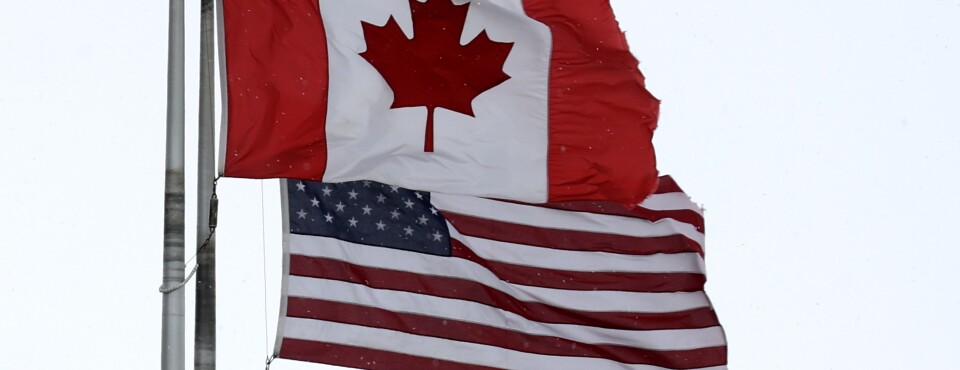The trade dispute between Canada and the US has caused significant financial pain for businesses and consumers on both sides of the border. The tariffs are being imposed on billions of dollars’ worth of goods traded between the inseparable trading partners.
While one can perhaps understand the impetus for the US’ actions—shored by President Donald Trump’s election victory, brought on in part by promises to bring home US manufacturing lost during years of “free trade”—Canada’s “retaliatory” response is more dubious.
Canada justified its retaliatory tariffs as necessary to protect and defend its “interests, consumers, workers, and businesses.” Yet close scrutiny raises questions about the wisdom of waging this trade battle.
To us, the retaliatory tariffs are wrong-headed and risk a protracted dispute with the US that Canada won’t win. This would harm the Canadian economy and Canadian citizens in the long run.
If Canada’s goal is truly to protect its consumers, workers, and businesses, then why impose a 25% tariff on orange juice and bourbon? Canada doesn’t produce either, and making US-produced orange juice more expensive just hurts Canadian families already enduring the highest unemployment rate in eight years.
They are now being forced to pay increased prices to put that orange juice on their breakfast tables, no matter how you look at it. Either Canadians will buy the US orange juice that is now more costly, or they will see the non-US-produced orange juice slowly creep up in price, because that’s what happens in a competitive economy.
Take away one important part of the supply, and the remaining suppliers will find themselves able to command higher prices of their own. (And don’t get me started on bourbon—or Napa Valley Cabernet!)
The US is also a larger economic player than Canada and is Canada’s biggest trading partner (on which Canada depends for its economic livelihood). The US would seem to have considerable leverage over Canada in any trade dispute seems well-positioned to weather retaliatory tariffs.
Canada’s population is equal to only about 10% of the entire US; those cases of Kentucky bourbon or Napa wines will be sold somewhere. Imposing retaliatory tariffs may only further inflame trade tensions with the US without denting the US economy itself.
Canada would be better off taking whatever trade it can with the US and looking to markets elsewhere. Under the economic theory of comparative advantage, proceeding unilaterally with free trade with the US and bilaterally with everyone else would do Canada better than a protracted trade dispute with costly tariffs imposed on both sides.
Going it alone in free trade would enable competitive Canadian businesses to further develop their manufacturing competences and use that to diversify away from US markets. A recent report out of the Montreal Economic Institute suggested just that, with unilateral trade liberalization estimated to be capable of boosting Canada’s gross domestic product by 1.67% and causing price levels to fall by 1.51%.
If Canada pursued free trade, there would appear to be plenty of options for its resource industries—natural gas and oil, for example. And pursuing a long-term oil supply contract that sees Canada exporting its oil to the European Union (or China) might affect US-Canada trade policy more than retaliatory tariffs.
To employ a hockey metaphor, players are taught from a young age that the one who retaliates usually gets the penalty. Canada’s retaliation was misguided and these 25% retaliatory tariffs should be removed before our country suffers the consequences.
This article does not necessarily reflect the opinion of Bloomberg Industry Group, Inc., the publisher of Bloomberg Law and Bloomberg Tax, or its owners.
Author Information
Robert G. Kreklewetz is founding partner of Miller Kreklewetz in Toronto and has more than 35 years of experience in international trade, customs, and indirect tax.
David R. West is an associate lawyer at Millar Kreklewetz practicing in indirect tax, customs, and international trade.
Write for Us: Author Guidelines
